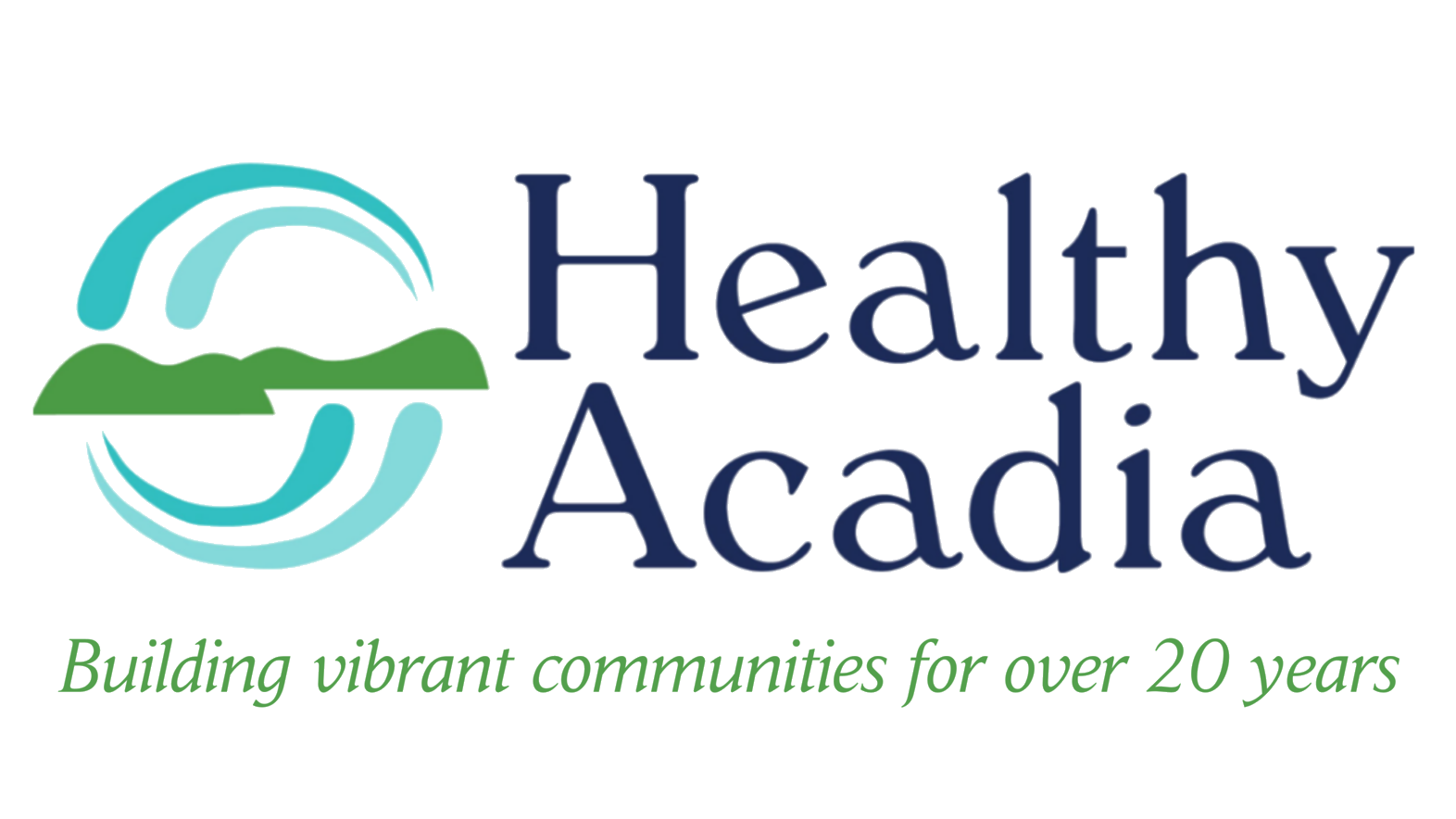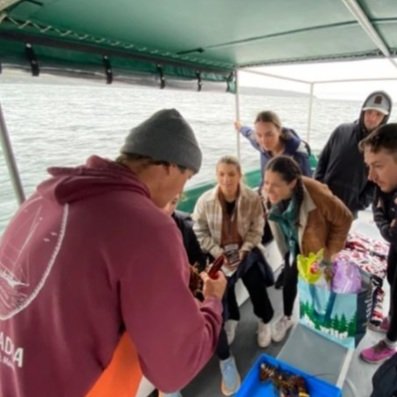Eastern AHEC Rural Health Immersion - Student Reflections: Darby Melia
Healthy Acadia has served as Maine’s Eastern Area Health Education Center (AHEC) since 2023. Our service area includes Washington, Hancock, Waldo, and Knox counties.
Maine AHECs provide community-based clinical training experiences to health professions students; encourage Maine youth to pursue careers in the health professions; offer training and continuing education programs to practicing health professionals; and develop public health approaches to address current and emerging community needs.
As part of this program, Healthy Acadia and community partners work together to create rural health immersion opportunities for health professions students to learn more about rural and underserved communities, including Rural Health Immersions (RHI) for Care for the Underserved Pathways (CUP) AHEC Scholars. and community-based experiential learning opportunities for non-CUP scholars.
We will periodically publish guest blog posts from AHEC Scholars who chose to share their experience with the program.
Guest post contributed by Darby Melia, UNE COM Student. Darby participated in our October 2023 RHI and reflects on the experience.
On Saturday morning, we started the day with a continental breakfast at Mount Desert Island Biological Laboratory’s dining hall. We then departed for Southwest Harbor where we met Carl, a lobsterman and captain of the Elizabeth T, and his mate Brendan. We left Southwest Harbor and went to haul lobster traps, visit Somes Sound, see a seal colony, porpoise, and bald eagle, and learn about the lobster industry and community of Mount Desert Island.
We returned to Southwest harbor and got into our cars to do drive-by visits of the Community Health Center and Northern Light Primary Care in Southwest Harbor. Overall, Saturday morning was an impactful part of the trip where we learned a lot about community values and what makes it so great to be part of a small community.
On the lobstering boat, Carl shared what it was like to only operate a business for part of the year and to be self-employed. He described the lobstering community as having difficulties with a large paycheck one part of the year and then no paycheck the rest of the year, sometimes lacking the education and business knowledge to properly save the money, leaving many people food and housing insecure. We learned about the large impact of being self-employed, yet making just enough money so that the lobstering community (and many seasonal restaurant and carpenter employees) is left without insurance and does not qualify for the state’s public insurance plans.
Carl also mentioned the mental health effects and potential lack of trust in medicine that the fishing community may have. He noted that most of those fishing for lobster are alone a significant portion of the day, or with one mate, and lead lonely and sometimes secluded lives. He also mentioned that if they were to become injured, they would not want to tell anyone or get it treated because it may mean missing out on even one day of lobstering, which can cost them a lot, or being told to rest or not work for an extended period of time, which they are unable to financially do.
He noted the hours of lobstering impacting access to care as well, stating that they need to be on the water when offices are open, and are unable to take time or days off. As we listened intently, he explored how this has led to an increase in self-prescribing medications, or potentially buying stronger drugs or using alcohol when they are in pain. This combination of a lack of health insurance, lack of trust in the healthcare system, inability to take time off to receive care, disproportionate pay checks, and self-medication has led to instability and lack of care in a group of people who may need it most in the community.
As a physician, especially in rural health, one must know the community they work in and what is valued by the community. If a physician simply tells a lobster harvester to stop working, they will most likely not come back to receive treatment, as they may feel that this is unreasonable, and that they are not being listened to or understood.
This also resonated with me while Donna Decontie-Brown spoke about helpful suggestions for underserved and underrepresented minorities to ask themselves when seeking services or in a provider’s office. One of these helpful suggestions was, “Do I feel like they understand and relate well with me?” Deconte shared, “The relationship and communication between a person and their provider is a key aspect of treatment. It’s very important for a person to feel that their identity is understood by their provider in order to receive the best possible support and care.”
This was a common theme throughout this rural health immersion, and I am immensely grateful for the exposure to all different aspects of the community and medical field, along with multifaceted approach to health and healthcare in Maine.


